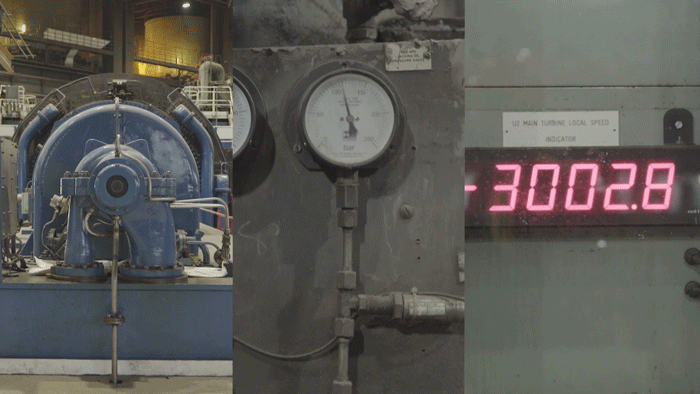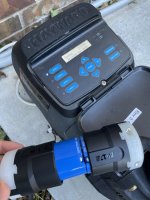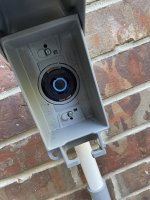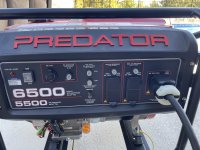Voltage usually is not a problem, but frequency can be. I used to work for the Public Service Commission in the State of NY in the Electric, Water, and Gas division. We would get the very occasional complaint from a customer that something broke because of frequency issues.
We had a team from the Russian Electric Company (or whatever they call it) come in on some sort of international sharing of information. I got nominated to speak with them (through an interpreter). They asked about our policy for refunding equipment damaged by frequency changes, and I explained we did it on a sort of case by case basis, because they were so few. They were very confused and we had a lot of back and forth through the interpreter, before they made it clear that their grid would swing 10% in both directions on a given day, and they had a regular backlog of complaints. I explained that did not happen in, and they were kind of incredulous. It was actually a fun meeting, and I still have a glass dish they gave me as a thank you. They likely got it in the airport, but it is still a reminder of that meeting.






